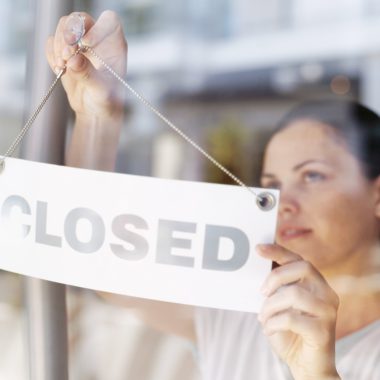GPs should boycott seven-day services

The news earlier this month that a quarter of the extended hours pilots have cut their opening hours was hardly a surprise. It was always going to be the case that, once the appropriate headlines had been generated and initial interest waned, that they would struggle to recruit both punters and GPs alike.
In Manchester these extended hours sessions were initially relatively popular with GPs. Indeed, until taking up a permanent position earlier this year I would generally take a couple a month. The work was not arduous, facilitated by intelligent use of IT offering direct access to a patient’s records and the ability to record your consultations in the very same pages. The clinical case mix was supposed to resemble more closely that of what you’d encounter during working hours: cholesterol checks, BPs, routine appointments. There was access, convenience, a brave new world.
The reality, however, was much more as you’d expect: same-day sore throats, coughs and colds, and instant second opinions.
I even saw one chap twice in a day, after declining to issue antibiotics in morning surgery (although perhaps that reveals more about my communication skills). The flavour was more ‘out of hours-lite’ than ‘waiting room full of Ordinary Working People eager to see a doctor in their leisure time’.
Also, even with the benefit of medical notes only so much can be done regarding a chronic problem, as experienced OOH GPs will confirm. There is just no substitute for continuity of care; cases requiring long-term decision making are often better deferred to a patient’s regular GP.
‘Consistency of care is essential for good quality disease management’
We all know that if you ask two medics you’ll get three opinions. Consistency of message – and care – is essential for good quality disease management and health promotion – doctor ping pong is not.
Enthusiasm for the project has also been variable. Initially many slots went unfilled, until the home surgeries were invited to use them as free ‘extras’.
Some patients just plain refused to attend their nearest hub: ‘Have you seen where it is? I’m not travelling there after dark.’
At the time of writing there appear to be nearly twenty unfilled shifts during August, which may correspond to peak holiday season and scarcity of locum GPs, but more likely reflects a growing trend of disinterest among GPs evident since the start of the year.
Should this trend continue, thinking will invariably tend toward widening the ‘skill mix’, to borrow the euphemism. The prospect of exposing untrained physician associates – or whoever – to the increased risk of autonomous, out-of-hours clinical decision making would represent convenience thrown to folly.
I’m grateful for my colleagues’ endeavours and proactive thinking, but I firmly believe that it’s better to refine rather than to replicate. We already have – locally at least – excellent out of hours initiatives in GoToDoc and Mastercall, which would face cannibalisation by the scheme. Why aren’t we looking to embolden existing models, to work with rather than against them? A surfeit of choice is the enemy of the good decision.
This brings me to my original point: more and different is not necessarily in patients’ best interests. Despite extensive media campaigning, we are still unable to appropriately direct the public to the right service at the right time.
Perhaps we should just give up on this as as bad job? People don’t want to go to their pharmacy or GP – they’re more attracted to the big shiny building with the bright lights and the ‘proper doctors’.
Is the Manchester pilot a realistic direction of travel or are we just saying ‘Yes, Prime Minister’ in the hope that they’ll leave us alone?
To use a popular political aphorism, let’s be clear about this: the problem is not access. If the question is, ‘Do you want more?’, the answer will always be yes.
The problem is demand, and how we currently fail to address it. People still present too late with disease and early with ephemera. Public health education, through no fault of its own, is woefully inadequate.
Imagine if the Government were interested in a national self-care campaign, starting from absolute basics, brought into the curriculum, encouraged in the private sector. The problem is that the real weather-makers, the press, are less interested in headlines such as ‘JOHNNY LEARNS ABOUT VIRUSES’ than they are ‘HUNT SAYS: TIME TO KNUCKLE DOWN, GPS’.
By offering a fig leaf to political indecency we instead expose ourselves, because there’s space here to do something more creative than simply duplicating existing services.
We need to ask our patients some honest questions about what they want, and be honest about what we can realistically provide.
Dr Karim Adab is a GP in Manchester
Pulse July survey
Take our July 2025 survey to potentially win £1.000 worth of tokens











